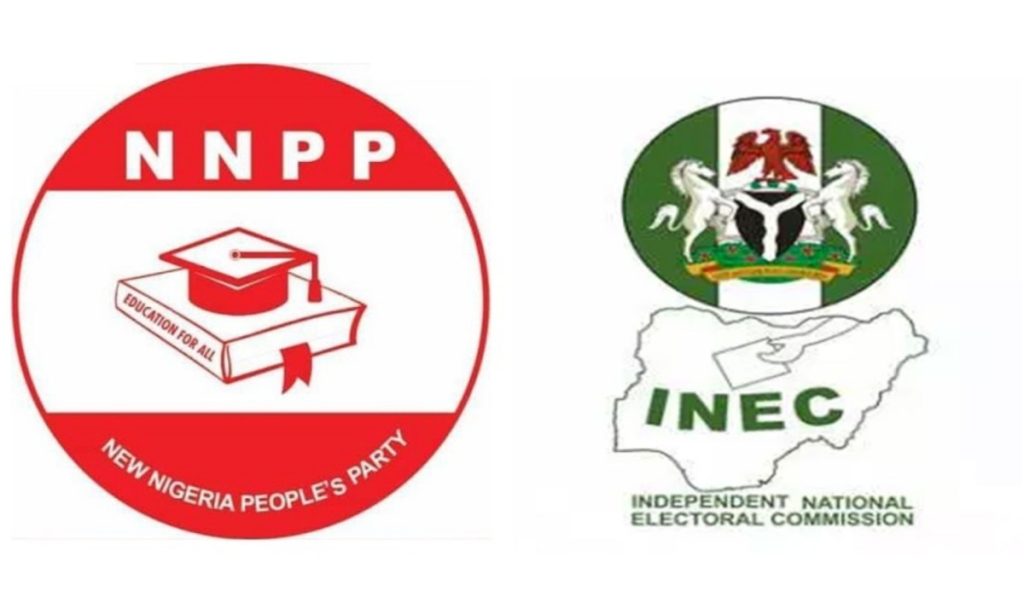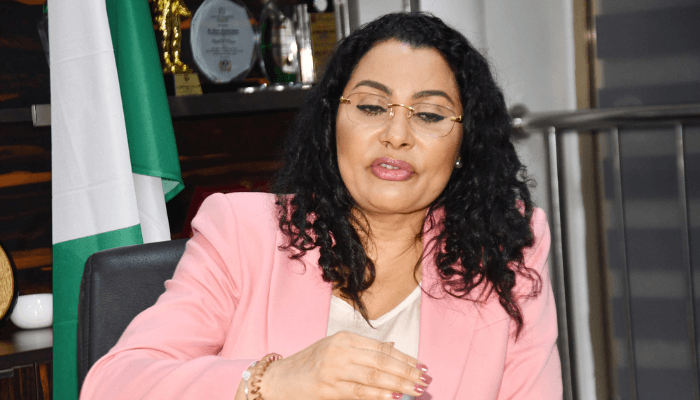The President of the Petroleum and Natural Gas Senior Staff Association of Nigeria, Festus Osifo, has made allegations against Aliko Dangote, chairman of the Dangote Group, accusing him of sabotaging the Nigerian economy. In an interview on Channels Television’s Sunday Politics, Osifo claimed that Dangote’s business dealings have negatively impacted the country’s economic situation.
According to Osifo, Dangote’s success is largely attributed to the opportunities provided by the Nigerian government. He stated that Nigeria granted Dangote a license to import flour, sugar, and salt, which contributed to his business growth. Additionally, Osifo alleged that the Nigerian government subsidized foreign exchange for Dangote to build his refinery, using the country’s resources to facilitate the project.
Osifo’s allegations suggest that Dangote’s actions may be contradictory to the country’s economic interests. The Dangote Group is a significant player in Nigeria’s economy, with interests in various sectors, including oil and gas, cement, and agriculture. The company’s refinery, which is currently under construction, is expected to be one of the largest in Africa.
The accusations made by Osifo have brought attention to the complex relationship between the Nigerian government and the Dangote Group. As one of the largest employers in the country, the Dangote Group plays a crucial role in Nigeria’s economic development. However, the alleged subsidy of foreign exchange for the refinery project has raised questions about the government’s priorities and the potential impact on the country’s economy.
The Nigerian government has not responded to Osifo’s allegations, and it remains to be seen how this situation will unfold. The accusations have sparked interest in the country’s economic policies and the role of large corporations in shaping the nation’s economic future. As the situation develops, it is likely that more information will come to light, providing insight into the complexities of Nigeria’s economy and the relationships between key stakeholders.



